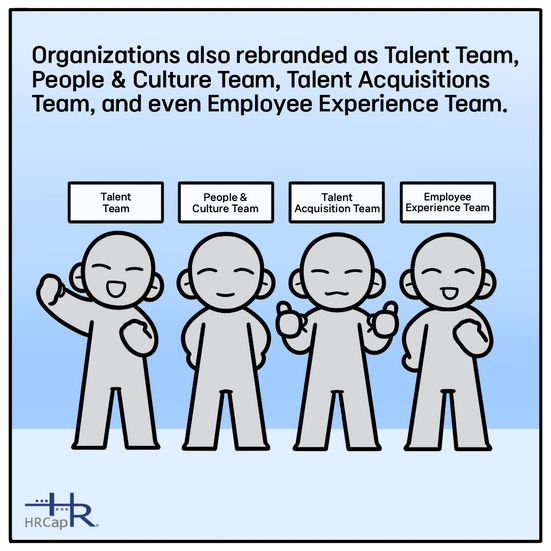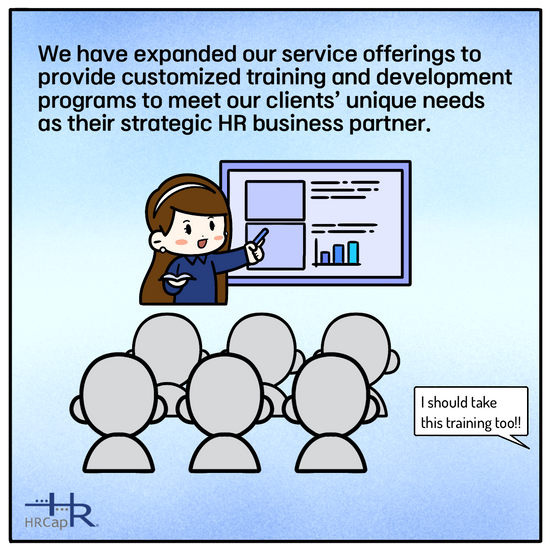Written by Stella H. Kim
Published September 19, 2024
Become a Business Partner, Not an Administrator
People Are the Company’s Greatest Asset, Culture Defines Their Unique Brand

HR departments across the world have rebranded.
Over 70% of HR Leaders and 85% of the C-suites find the term “Human Resources” to be outdated.
The perception of the HR department has shifted from simply managing employees and enforcing compliance to one that is expected to play a far more critical role within the organization. Companies now believe they can only survive by focusing on the people and recognizing them as the organization’s biggest assets, not just resources.
This has led to a gradual shift from “Human Resources” to “Human Capital,” accelerating the rebranding of the HR Team to the People Team. Other organizations have also rebranded to the Talent Team, the People and Culture Team, the Talent Acquisition Team, and the Employee Experience Team.
That said, what are the key differences between HR Teams and People Teams, and how are the differences in their operations impacting organizations?
To start, this is not a simple name change, but a strategic reflection of both the function of HR and the vision and values the company pursues. While HR Leaders focus on processes and policies, acting passively when issues arise, People Leaders are instead value-driven and prioritize the employee experience, proactively approaching challenges in a way that highlights and strengthens the organizational culture.
More importantly, People Leaders act as strategic business partners rather than logistic administrators. Instead of merely managing talent and policies essential to achieving business performance, they collaboratively drive organizational growth by resolving business challenges through investing in critical talent and building a unique corporate culture. Successful organizations adopt a strategic mindset over a transactional one and know how to create work environments where employees are actively engaged and progressively challenged for greater collective growth.
In other words, futuristic People Leaders have a strong sense of learning agility and are genuinely open to change. They strive to understand the core business and proactively gain insight from industry trends to strategically partner with hiring executives in futureproofing the company. People Leaders build on their data literacy and leverage data to make objective decisions. They do not shy away from technological advancements and can apply AI to eliminate unnecessary policies and simplify complex processes, freeing up more time to focus on people rather than tasks.
Lastly, the People Team invests in talent acquisition and organizational culture. A company’s growth does not stop at effective hiring but extends into continuous training and sustainable retention of top talent that can navigate evolving market trends and varying generational differences. Companies must empower critical talent to contribute to the evolving organizational culture, rather than fitting them into the pre-defined corporate culture. A SHRM study indicates that 94% of People Managers believe that a strong culture is critical for helping to hire and retain employees. As such, the recruiters’ ability to identify and hire critical talent is becoming increasingly crucial in the War for Talent.
HRCap, a Top 10 Global Executive Search & HR Consulting firm, has received the highest number of HR leadership requisitions over the past three years and expanded our service offerings to provide customized training and leadership development programs to meet our clients’ unique needs as their strategic business partner.
People are the company’s greatest asset, and culture defines their unique brand. Only businesses that know how to truly invest in their people and culture can achieve scalable growth and valuable success.
Stella H. Kim, SPHR
HRCap – SVP, Head of Americas & Chief Marketing Officer























































Comments